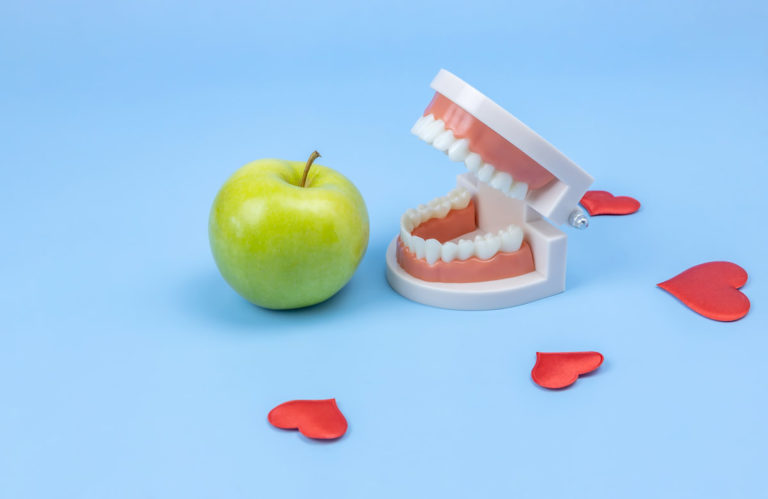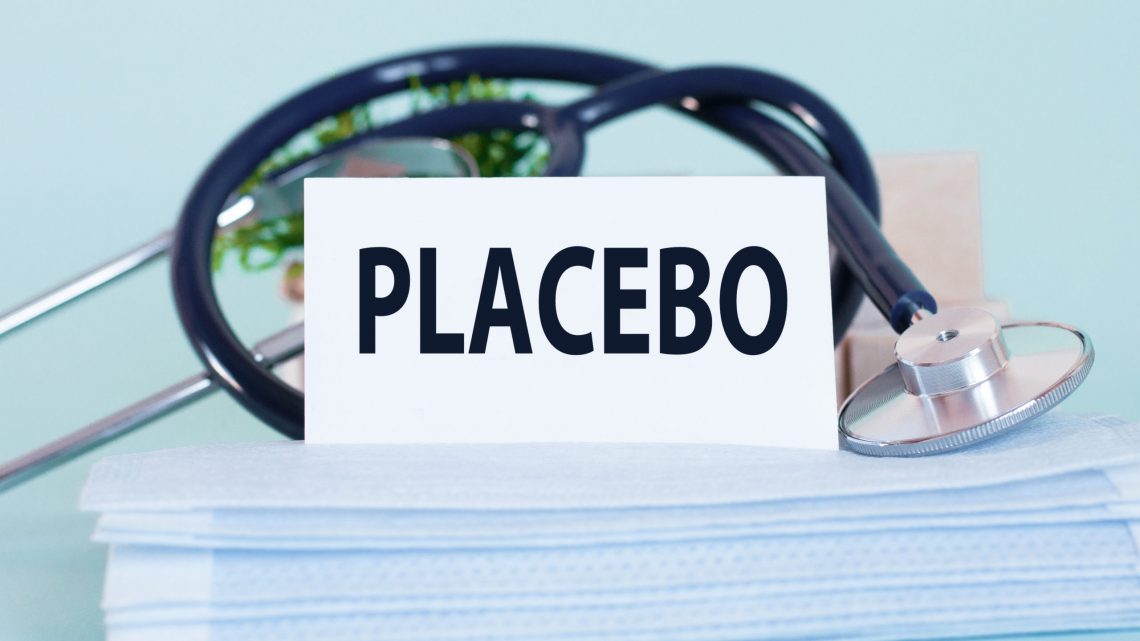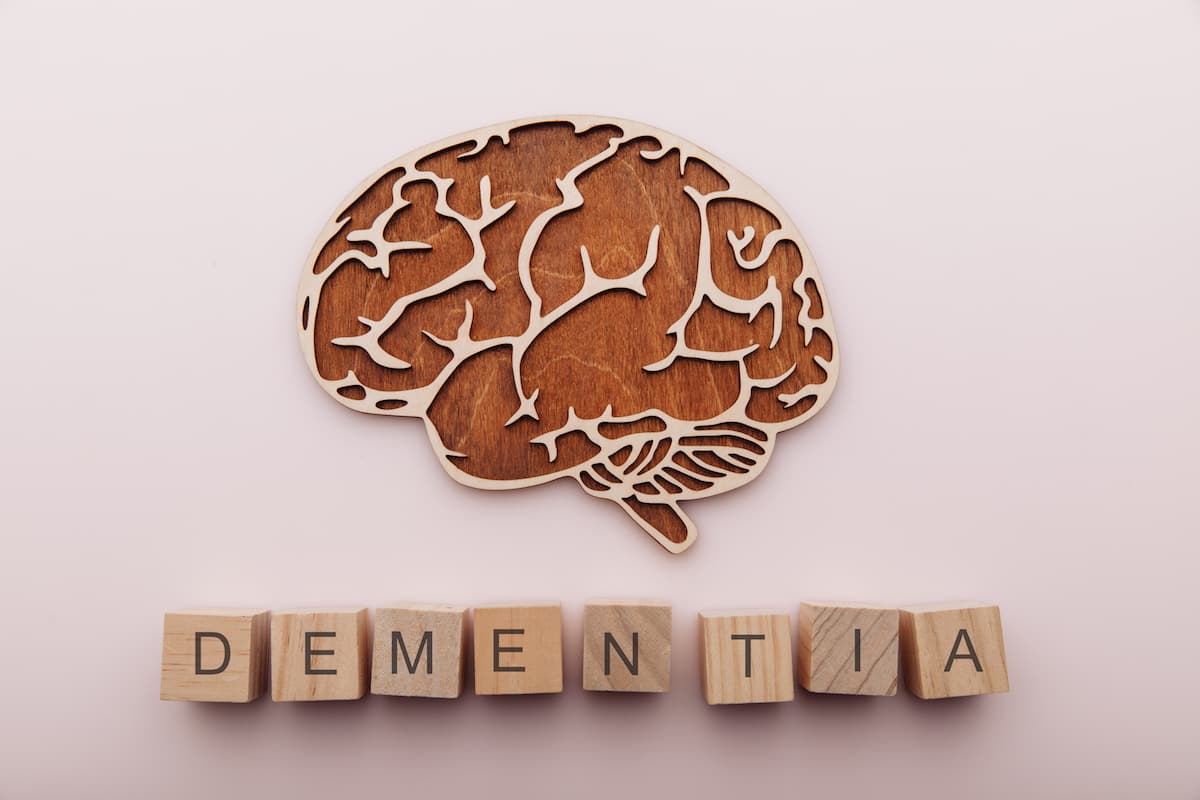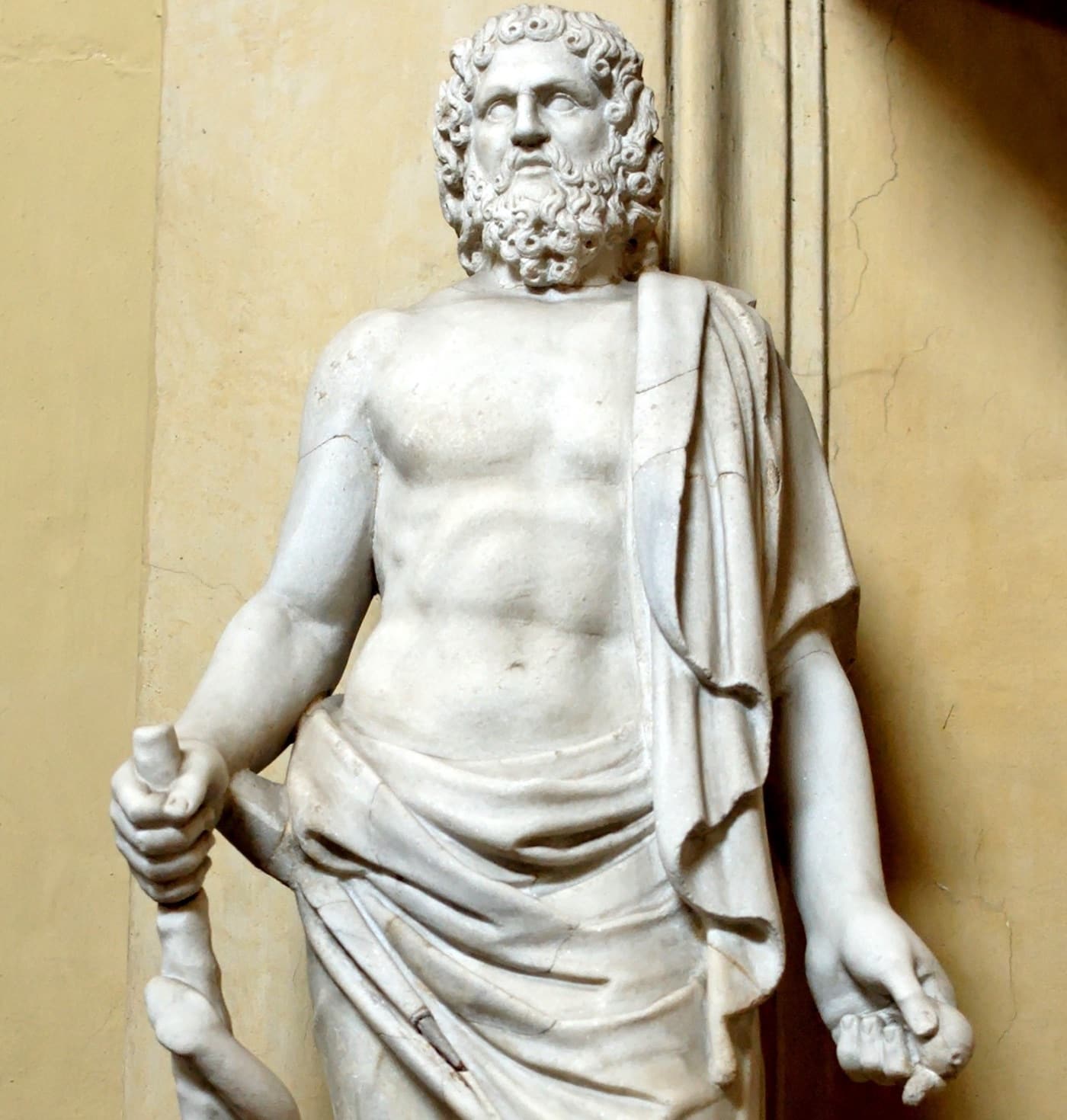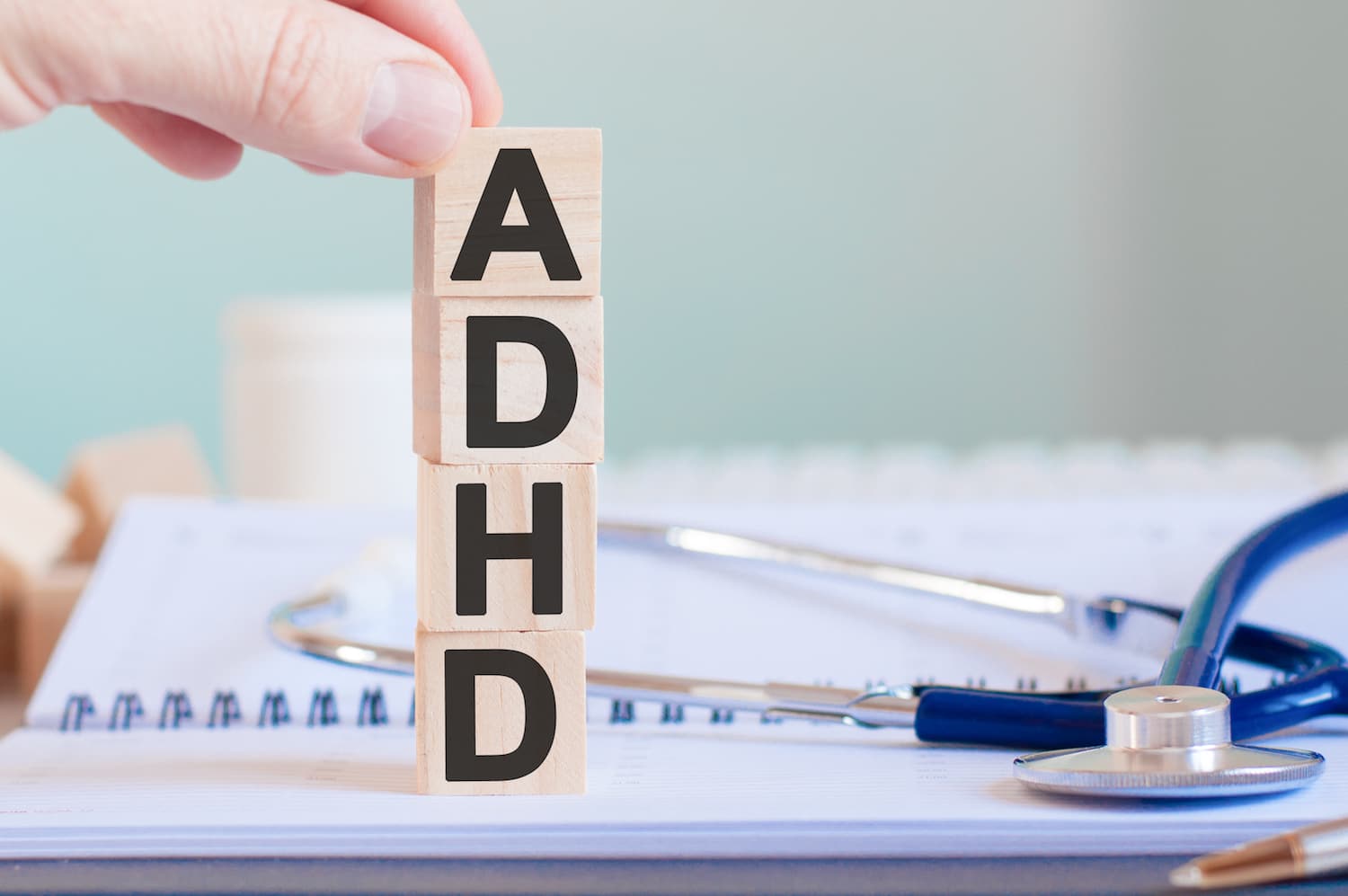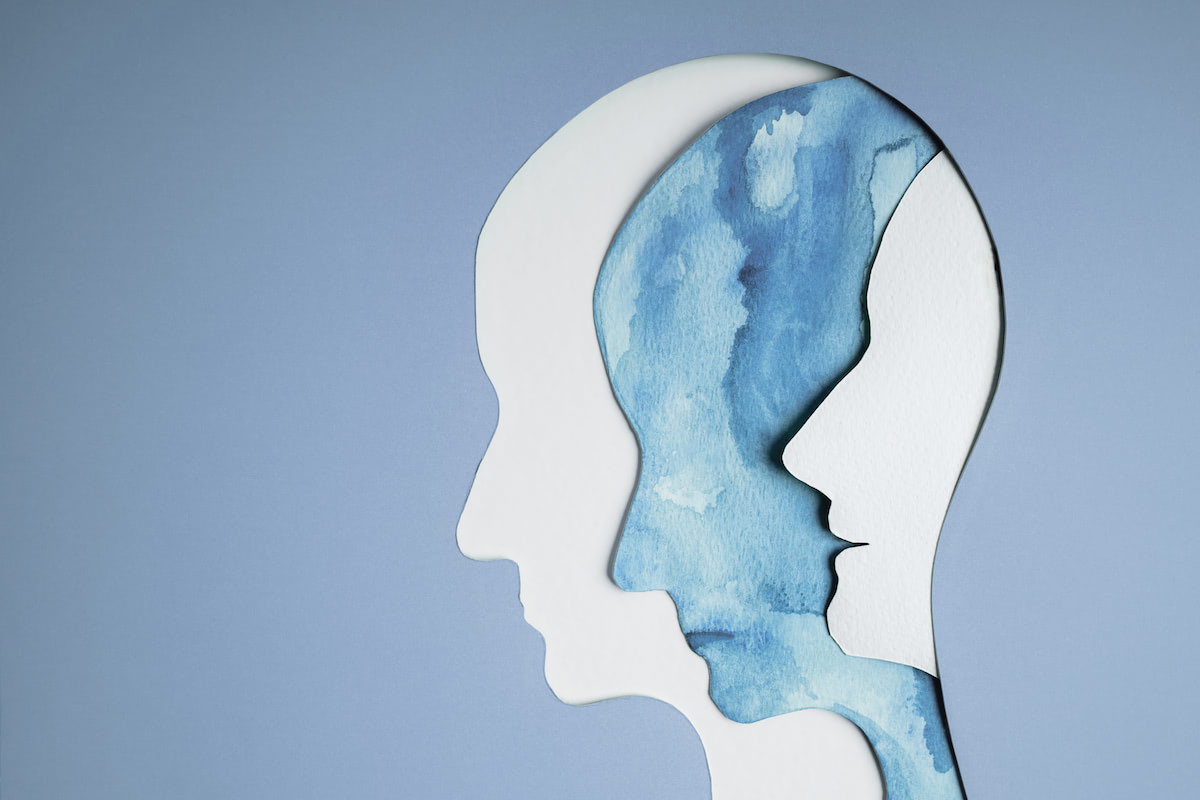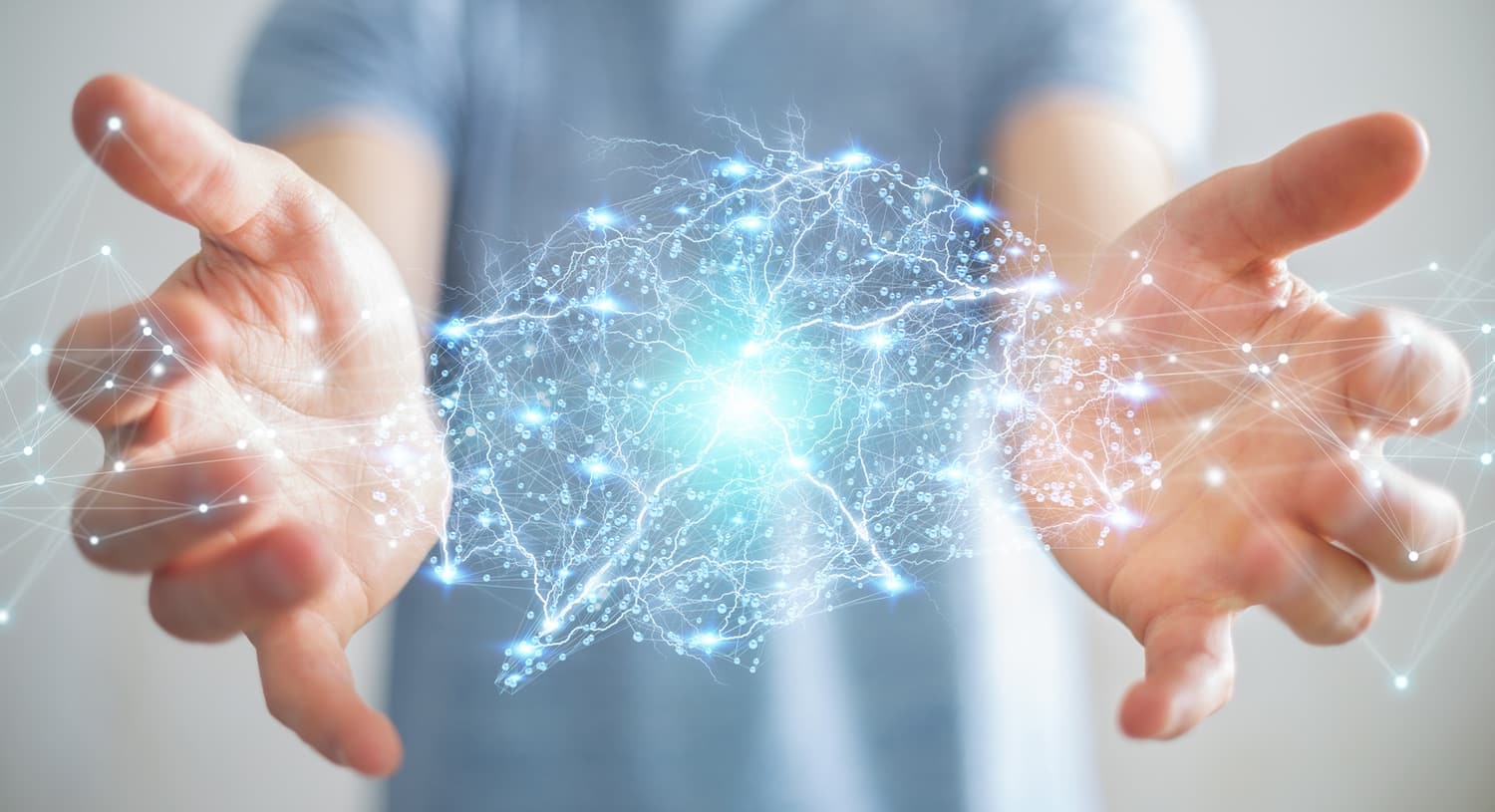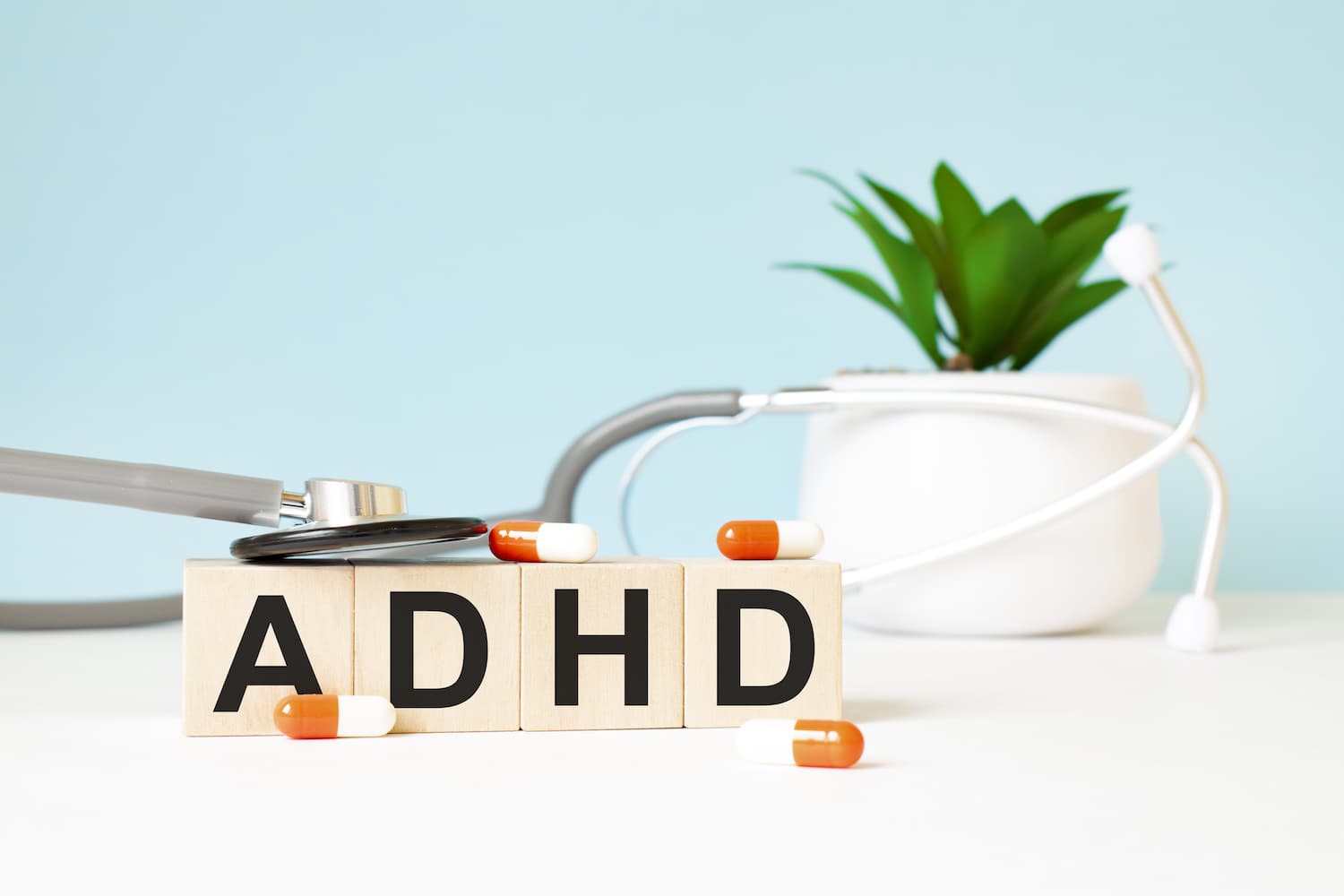Updated on 15. November 2021 from Marc Hedemann
Reading time: approx. 5 minutes
Since the 1990s, the Italian neuroscientist Professor Dr. Fabrizio Benedetti has been researching the phenomenon of placebo and nocebo effects. His work impressively demonstrates that the human psyche (mind) can have an influence on the body’s metabolism and hormone systems. In this article, we will look at the current state of placebo research.
Placebos relieve symptoms of chronic illnesses
The pronounced placebo effect in patients suffering from Parkinson’s disease is known from clinical studies. In this disease, there is a progressive loss of nerve cells. Many subjects therefore participated in the studies with great expectations. Taking a placebo not only improved symptoms. There was also a change in the release of the hormone dopamine in the brain.1
A recent research study confirms the effectiveness of placebos in patients with atopic dermatitis. First, the study participants were divided into three groups. The first group received – visible to the respective test person – an infusion with a so-called antihistamine, a drug against allergy. In addition, there was education about the fact that the drug reduces itching. The second group proceeded in the same way. Although the infusion bottle did not contain an effective drug, patients were told they were being administered an antihistamine.
In the third group, the doctors injected the neurodermatitis drug covertly, but did not inform the participants about its effect. Patients in the first two groups experienced a significant reduction in itching to the same extent. Surprisingly, only minor improvements occurred in the third group. Although the subjects received an antihistamine, they showed much less efficacy than the first group.2
Belief and conditioning are important prerequisites for nocebo and placebo effects
An Italian research group came to similar conclusions in 2020. The scientists studied the effects of conditioning and expectations on the ability to hold one’s breath for as long as possible. A total of 60 people participated in the study and were divided into three groups: Placebo, Nocebo and Control group.3
All participants in the placebo group inhaled normal air through a mask during the test series. However, they received the information that it was pure oxygen. They also had their gas bottle with the label “Oxygen” in view. The researchers informed the participants that the administration of oxygen helps to hold their breath longer.
The experimental set-up was identical for the nocebo group. The subjects also breathed normal air. However, they were told it was carbon dioxide. This gas ensures that they can only hold their breath for a moment. The control group did not wear breathing masks and received no instructions whatsoever. At certain intervals, the researchers asked all test subjects to immediately hold their breath for as long as possible. The time was stopped and the result recorded.
The result: although all study participants breathed normal ambient air, there were significant differences. Throughout the test series, the placebo group was able to hold its breath the longest, followed by the control group. By far the worst performers were the participants in the nocebo group. In other words, a manipulative approach (conditioning) and expectancy lead to nocebo and placebo effects.4
What does that mean? Everyone sees the world through their individual “glasses”. Belief in certain results releases mental powers that have a positive or negative effect depending on one’s own expectations. Anyone who is convinced that a drug improves certain symptoms activates the body’s self-healing powers.
How can you use mental powers such as the placebo effect for yourself?
If you have been diagnosed with a chronic disease, please be aware of the following: not the whole body suffers from a disease, but only a small part. Therefore, you should not call any diagnosis “your disease”. Rather speak of a momentary health disorder, because nomen est omen!
Small name changes like this have an immediate effect on the inner balance of those affected. One regains hope and looks confidently into the future, according to the motto: Then everything is only half as bad. Such a belief can trigger a placebo effect and counteract possible nocebo effects.5
The ÁYIO-Q doctrine of vitality helps people develop and strengthen the enormous power of their spirit. With the free test from ÁYIO-Q you have the opportunity to recognise the state of your self-healing powers and life energy yourself.
Related articles: Nocebo & Placebo
Nocebo and placebo effect: the enormous power of the human mind
Sources:
[1] Benedetti F et al. Diagnosis and Management in Parkinson’s Disease. 2020:527-541.
[2] Sölle A et al. Targeted use of placebo effects decreases experimental itch in atopic dermatitis patients: a randomized controlled trial, Clin Pharmacol Ther. 2021 Apr 24. doi: 10.1002/cpt.2276.
[3] Piedimonte A et al. The placebo effect in breath holding: a preliminary behavioral investigation, Neurosci Lett. 2020 Nov 20;739:135434.
[4] Benedetti F et al. How placebos change the patient’s brain. Neuropsychopharmacology. 2011 Jan;36(1):339-54.
[5] Köhler B. The textbook for UNITED LIFE CONFORMED MEDICINE. Books on Demand, August 10, 2018: page 84.
